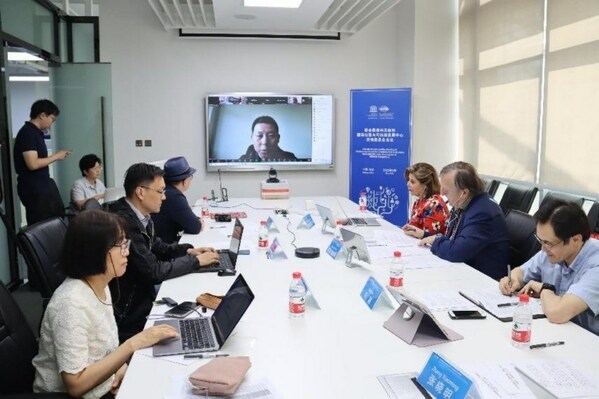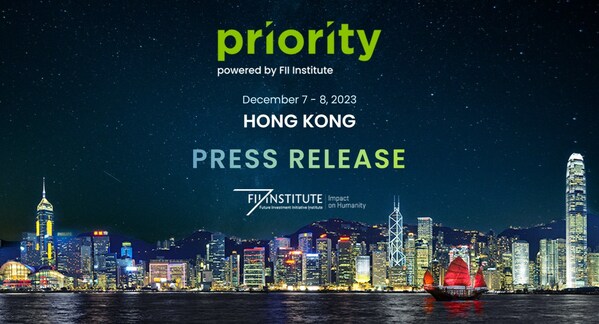BEIJING, May 26, 2023 /PRNewswire/ -- A report from CRIOnline:
On May 23, the conference of the Advisory Committee of the International Center for Creativity and Sustainable Development (ICCSD) under the auspices of UNESCO was held in a hybrid format. Members of the committee's board and guests gathered to delve into the future of ICCSD and the transformative power of artificial intelligence (AI) technology in advancing sustainable development in the new era.
The meeting saw the participation of 14 experts from 7 countries, including Xiao Lan, Executive Director of ICCSD; Hans d'Orville, Chairman of the ICCSD Advisory Committee and former Assistant Director-General for Strategic Planning at UNESCO; Shahbaz Khan, Director of the UNESCO Office Beijing, Richard Leaver, an AI scientist and Fellow of the Royal Society of Arts (FRSA); and Jian Haifang, researcher at the Institute of Semiconductors (IOS) and Director of the Division of Science and Technology Management and Achievements at the Chinese Academy of Sciences (CAS). The attendees delivered insightful speeches during the event.
In his address, the ICCSD Executive Director, Mr. Xiao, highlighted the pressing need for innovative solutions to address the escalating environmental concerns and challenges faced today. Recognizing the unique nature of AI as a powerful tool with immense potential, he underscored its pivotal role in solving environmental issues. The ICCSD aims to bridge the gap between tech culture and sustainable development, fostering exchanges among experts in diverse fields to collectively explore and unlock the full potential of AI.
The ICCSD Advisory Committee Chairman, Mr. d'Orville, said that AI is already being used to address many global and regional environmental problems in areas like biodiversity, water, energy, and transportation. Nevertheless, he highlighted some key research gaps that remain in leveraging AI for environmental sustainability, such as predicting ecosystem services, monitoring, and conservation.
During the discussion session, the participating experts shared insights on the application of AI across various sectors.
 1 year ago
262
1 year ago
262 





 English (United States)
English (United States)